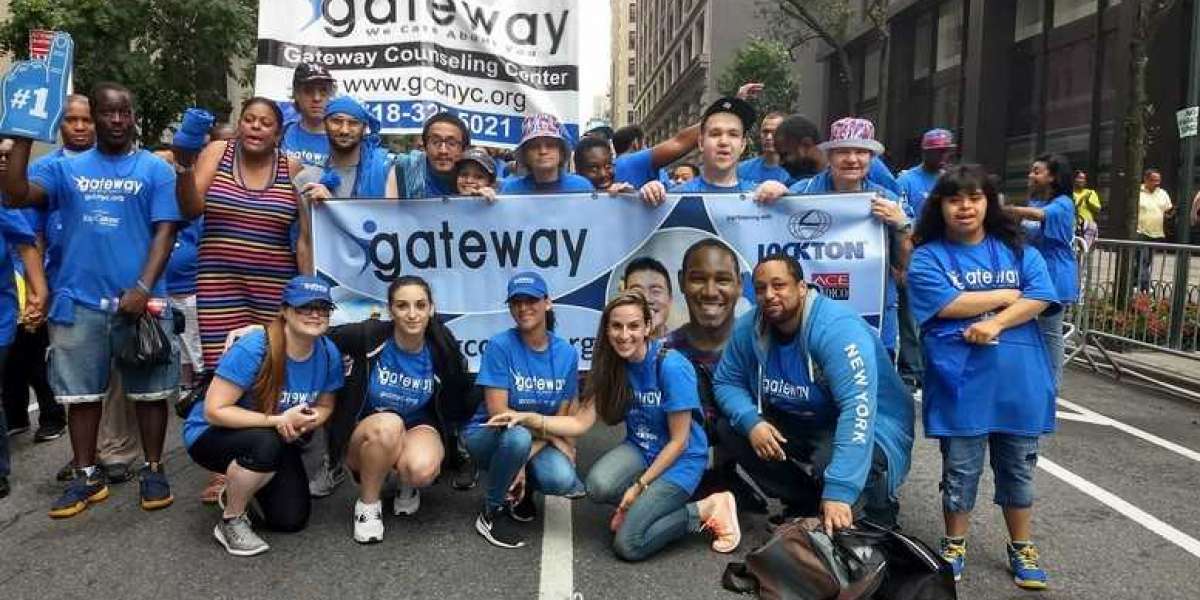The Office for People with Developmental Disabilities (OPWDD) in New York State is a government agency established to provide support for individuals with intellectual and developmental disabilities. OPWDD programs are designed to offer essential services and resources that enhance the quality of life for these individuals, promote their integration into society, and assist their families. In addition to delivering direct services, OPWDD certifies organizations that implement specialized programs, ensuring they meet the agency’s high standards of care and service.
1. OPWDD's Role in Supporting Individuals with Developmental Disabilities
OPWDD not only provides services directly but also works closely with various organizations that receive certification to offer specialized assistance. These services cover multiple aspects of an individual’s life, including:
- Medical and Behavioral Health Support – OPWDD offers programs to enhance the physical and mental well-being of individuals with intellectual disabilities, including treating behavioral disorders and managing everyday health needs.
- Educational Programs and Life Skills Training – OPWDD helps individuals develop essential skills for independent living through various educational and vocational training programs.
- Rehabilitation and Day Programs – Participation in community life is encouraged through day activity programs and rehabilitation services, helping individuals with disabilities build social connections and adapt to societal life.
- Residential Programs – For many individuals with developmental disabilities, OPWDD provides housing options, including group homes and independent living arrangements with necessary support services.
2. OPWDD Certification: Guaranteeing Quality and Safety
Organizations certified by OPWDD must meet strict quality standards to provide services. Certification ensures that these institutions are qualified and equipped to work with people with intellectual disabilities. Key certification criteria include:
- Compliance with Safety Standards – Safety is a top priority, ensuring that clients are in a secure and supportive environment.
- Trained and Qualified Staff – Certified organizations must ensure that their staff receive ongoing training and have the necessary qualifications to support individuals with special needs effectively.
- Individualized Service Plans – Each certified organization is required to develop and follow personalized service plans tailored to the unique needs of their clients.
3. Organizations Certified by OPWDD: Examples and Their Impact
Many organizations across New York State have received OPWDD certification and provide a wide range of services. Some notable examples include:
- AHRC New York City – One of the largest organizations working with individuals with developmental disabilities, AHRC offers services ranging from residential support to vocational training and job integration.
- YAI (Young Adult Institute) – This organization provides employment programs, educational services, and medical and behavioral health support for individuals with intellectual disabilities.
- The Arc New York – The largest nonprofit state organization specializing in assisting individuals with intellectual and physical disabilities. The Arc New York operates in 48 counties and supports over 60,000 individuals.
- Gateway Counseling Center – This organization focuses on providing mental health services and counseling to individuals with developmental disabilities. Gateway Counseling Center emphasizes personalized care and support, helping individuals navigate challenges while promoting emotional well-being and resilience.
These organizations play a vital role in helping people with developmental disabilities integrate into society, offering them opportunities for personal growth, professional development, and an overall improved quality of life.or personal growth, professional development, and an overall improved quality of
4. The Importance of OPWDD Certification for Service Quality
OPWDD certification is a critical tool for ensuring the quality and safety of services. Through certification, families and individuals can trust that the organization has the qualifications required by the state and provides a high standard of care and support. Certified organizations must undergo regular reviews and update their programs in response to the changing needs of their clients.
Conclusion
OPWDD plays a crucial role in providing people with intellectual disabilities the resources and support they need, while certified organizations ensure a high level of services that meet strict quality standards. Thanks to these efforts, individuals with disabilities can lead more independent and fulfilling lives, become more integrated into society, and receive care tailored to their specific needs.



